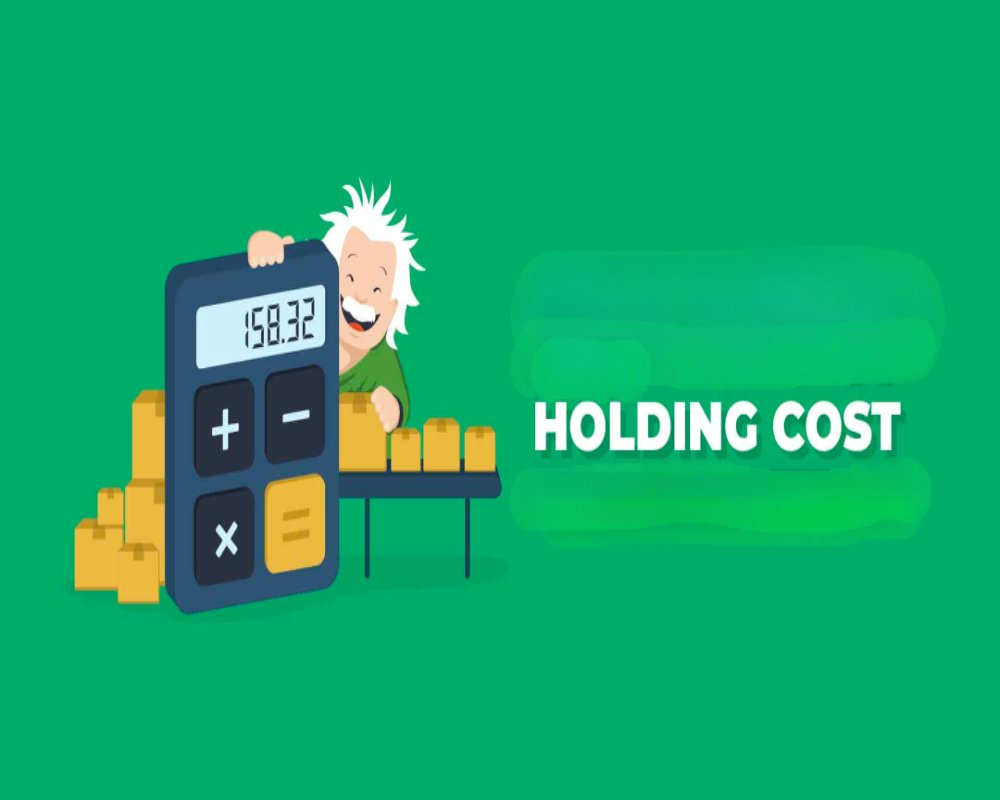1. Recurring Financial Obligations
These are the predictable, ongoing expenses associated with property ownership:
- Property Taxes: Levied annually based on the property’s assessed value, rates can vary significantly depending on the location and local regulations.
- Insurance Premiums: Includes homeowner’s insurance, liability coverage, and, if applicable, landlord insurance. These protect against potential damages, losses, or legal claims.
- Mortgage Payments: If the property is financed, monthly payments covering both principal and interest are required.
- Utilities: Even vacant properties may incur costs for electricity, water, gas, and waste management to maintain basic operations or meet municipal requirements.
- Homeowners Association (HOA) Fees: Applicable in certain communities, these fees cover shared amenities and services.
Collectively, these expenses can amount to a significant annual sum, impacting the property’s profitability and cash flow.
2. Maintenance and Upkeep Expenses
Regular maintenance ensures the property’s longevity and appeal:
- Routine Maintenance: Tasks like landscaping, cleaning, and minor repairs are essential to prevent deterioration.
- Repairs and Replacements: Unexpected issues, such as plumbing leaks or appliance failures, can arise, necessitating prompt attention.
- Pest Control: Regular inspections and treatments help prevent infestations that could damage the property.
- Seasonal Preparations: Activities like gutter cleaning or HVAC servicing prepare the property for changing weather conditions.
Neglecting maintenance can lead to more significant issues and expenses over time, emphasizing the importance of proactive property care.
3. Opportunity and Miscellaneous Costs
Beyond direct expenses, holding a property entails indirect costs
- Opportunity Cost: Funds tied up in the property could potentially yield returns elsewhere. Evaluating alternative investment opportunities is essential.
- Depreciation: While not an out-of-pocket expense, property depreciation affects the asset’s book value and can influence tax considerations.
- Vacancy Costs: Periods without tenants mean lost rental income, impacting overall returns.
- Marketing and Leasing: Expenses related to advertising the property and securing tenants, including agent commissions and promotional materials.
Understanding these factors aids in comprehensive financial planning and assessing the true cost of property ownership.


